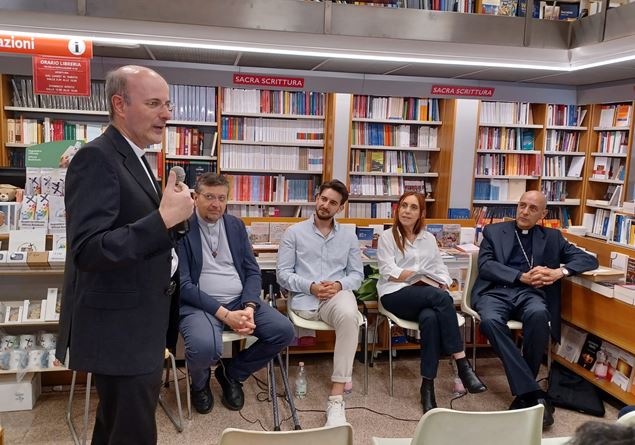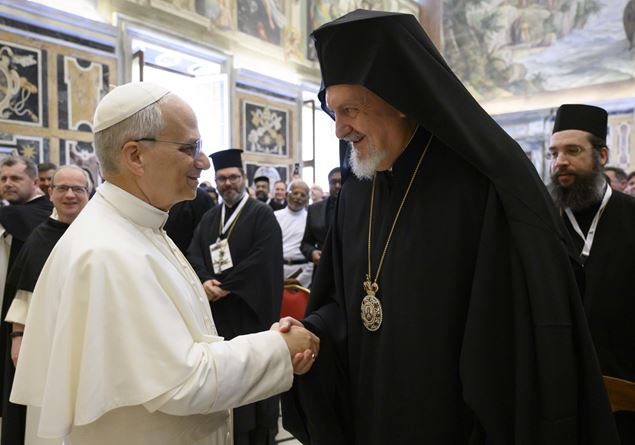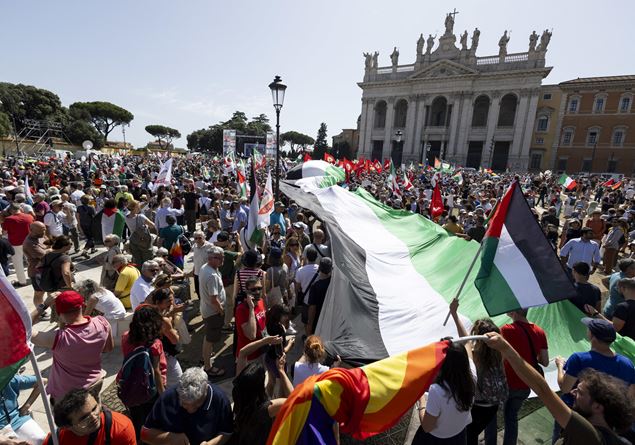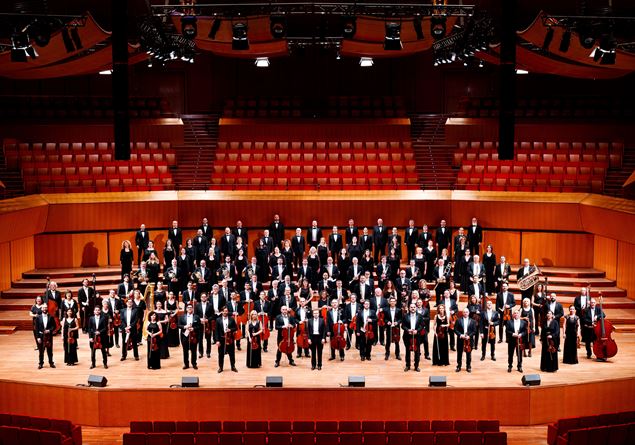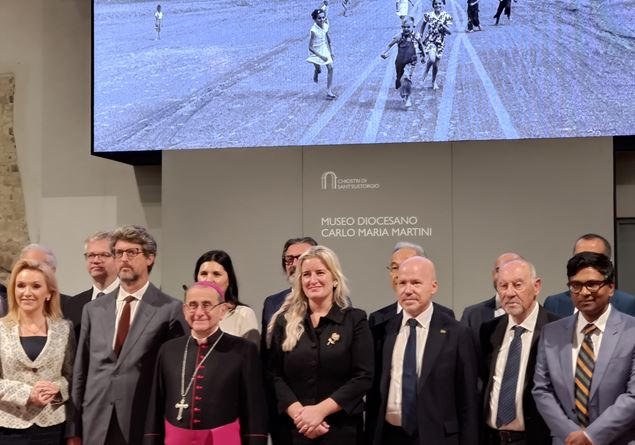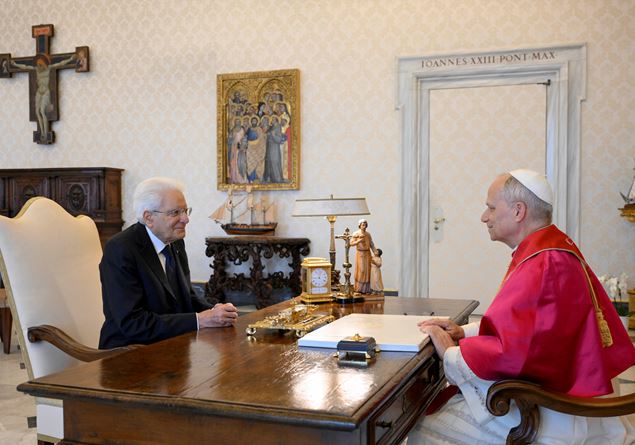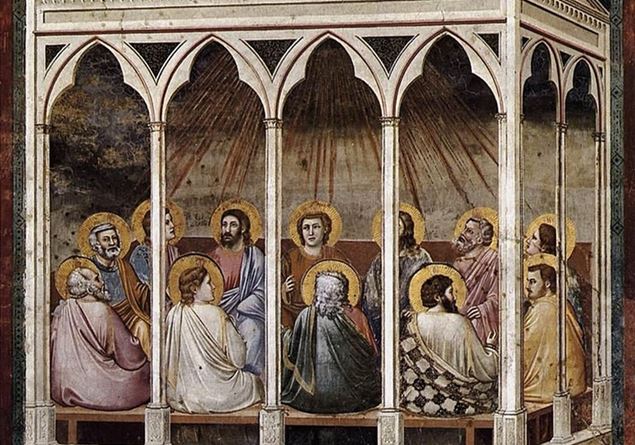“A month has not yet passed since the beginning of this work, have patience with me.” With this humble and colloquial tone, Pope Leo XIV opened his speech to the subsidia participants Nicea and the church of the third millennium: towards the Catholic-Orthodox unitorganized by the Institute of Ecumenical Studies œCumenicum of the Angelicum and the international orthodox theological association. The meeting, hosted at the Pontifical University of San Tommaso d’Aquino, ended in the afternoon.
At the center of the hearing granted by the Pontiff – pronounced in English – three central knots for the future of ecumenical dialogue: The faith of Nicea, the synodality and the common date of Easter.
A compass for the present
“Nicea’s council is not just an event from the past – said Leone XIV – but one compass who must continue to guide us towards the full visible unit of Christians ». 1700 years after the first ecumenical council, which in 325 DC defined the profession of shared faith and rejected the Aryan heresy, the Pope underlined the role of this founding event for the unity of the Church. For the Orthodox, he recalled, it is the Council par excellencein which “the rule of the Christian faith was promulgated, the confession of faith of the” 318 Fathers “”.
Citing the still current value, Leone XIV has resumed a passage of the recent document of the International Theological Commission: “All together we believe in the Trinitarian God, in the true true man and true God, in salvation in Jesus Christ …”. A common faith that, according to the Pope, can help us to see in new light also the differences that still remain.
Synodality as a shared way
The second theme touched by the Pope is the synodalityprinciple that has roots in the council of Nicea and which today represents one of the most urgent challenges of the universal Church. “Ecumenical dialogue is fundamental – he said by citing the final document of the Synod on synodality – to develop the understanding of the synodality and unity of the Church”.
A clear hope, that of the Pope: make an opportunity from the 1700th anniversary of Nicea providential To experience, together, “forms of consultation and discernment” between the different Christian confessions.
A Easter to be celebrated together
Finally, a concrete appeal: Find a common date for Easter. It was one of the original objectives of the Council of Nicea, but the differences between the Giuliano and Gregorian calendar still make a simultaneous celebration impossible today, with tangible pastoral consequences: divided families, disoriented community, weakened evangelical testimony.
“In this year in which, exceptionally, all Christians celebrated Easter on the same day – said Leone XIV – I reaffirm the availability of the Catholic Church to seek an ecumenical solution”. The goal, he explained, is to “strengthen the common mission in the preaching of the Gospel”.
The spirit that unites
In conclusion, on the eve of Pentecost, the Pope recalled that the unity between Christians will never be the result of the human will only: “It will be a gift received” as Christ wants and with the means he wants “, through the action of the Holy Spirit”. From here, the invitation to pray together, reciting a traditional eastern invocation to the consolator spirit.
O Celestial King, consolator, spirit of truth
that you are everywhere and fill everything;
Treasure of blessings and lifestyle,
come and live in us,
Purifically from any impurity
And save, benign, our souls.



